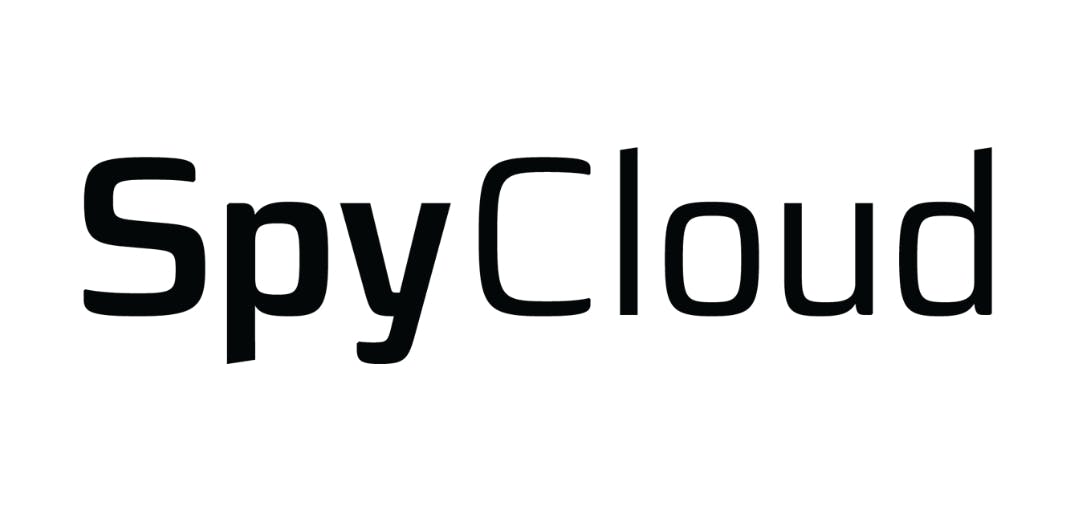Today the AMD Radeon AI PRO R9700 is officially shipping as the company’s new RDNA4-based offering designed for AI workloads and priced at $1299+ USD. The AMD Radeon AI PRO R9700 offers 32GB of GDDR6 video memory and features 128 AI accelerators and rated for 96 TFLOPs peak half-precision compute, up to 1531 TOPS INT4 sparse, and has a 300 Watt TDP. Here are the initial benchmarks of the AMD Radeon AI PRO R9700 under Linux with ROCm 7.0 and testing both in single and dual R9700 graphics card configurations.
After announcing the AMD Radeon AI PRO R9700 back at Computex, this AI-focused professional/workstation graphics card officially goes on sale today. The price starts out at $1299 USD for this 32GB, RDNA4-based graphics card. When announcing the Radeon AI PRO R9700, they advertised it as 2x the performance of the Radeon PRO W7800 graphics card.
Compared to the prior flagship of the Radeon PRO W7900, it is cut-down with just 32GB of 256-bit GDDR6 compared to 48GB of 384-bit GDDR6 leading to lower vRAM bandwidth as well. The Radeon PRO W7900 also features 192 AI accelerators compared to 128 with the Radeon AI PRO R9700 as well as 4096 stream processors compared to 6144 on the W7900 and then 96 vs. 64 compute units, but this new product has the advantage of being based on RDNA 4 and PCI Express 5.0 and overall should perform better for AI workloads than the prior-generation RDNA3-based Radeon PRO W7000 series.
The total board power is similar between the Radeon PRO W7900 at 295 Watts and the Radeon AI PRO R9700 at 300 Watts. The Radeon AI PRO R9700 GDDR6 memory is ECC capable — interestingly only being wired up driver-side under Linux the specifications note. The display outputs on the Radeon AI PRO R9700 support DisplayPort 2.1a.
Pricing on the AMD Radeon AI PRO R9700 is competitive with the NVIDIA RTX PRO 4000 Blackwell having 24GB of vRAM and retailing for $2499 USD. The AMD Radeon PRO W7900 had a launch price of $3999 USD and can still be found retailing for around $3.6k. So any price around $1299 USD is extremely competitive as about to be shown with our own benchmarks.
AMD sent over two of the Radeon AI PRO R9700 graphics cards for review. With two being the likely popular configuration for the Radeon AI PRO R9700 in order to accommodate larger AI large language models (LLMs). The AMD Radeon AI PRO R9700 was working fine on the upstream Ubuntu 25.10 graphics driver stack and even Ubuntu 25.04.3 LTS software stack thanks to the mature open-source AMD RDNA4 support. Of course, the most common usage will be with the ROCm compute stack for handling GPU compute and AI workloads.
Running ROCm 7.0.2 and the latest AMDGPU DKMS driver was the configuration for all of this launch-day AMD Radeon AI PRO R9700 testing under Ubuntu 24.04.3 LTS Linux. I am proud to say it was a very smooth experience using ROCm 7.0 with the Radeon AI PRO R9700 graphics cards. AMD continues making remarkable progress on the ROCm side with a lot of polishing over the past number of months, improved documentation, and the ROCm software just all-around being a lot more robust and reliable over the past year.
With the AMD Radeon AI PRO R9700, ROCm 7.0.2 was working out great. For today’s testing the focus was on the vLLM performance of the AMD Radeon AI PRO R9700 in both single and dual GPU configurations. The performance was compared to the prior generation of the AMD Radeon PRO W7900 graphics card. For a competitive analysis there was the NVIDIA RTX 6000 Ada Generation graphics card. Unfortunately, NVIDIA has yet to supply me any review samples of the RTX PRO Blackwell graphics cards which is why they aren’t part of this comparison or the other articles on Phoronix. Even still, the RTX Ada Generation graphics cards continue enjoying robust availability. The NVIDIA RTX 4000 Ada Generation graphics card in my possession with its 20GB of vRAM wasn’t able to handle the vLLM large language models being tested which is why that model was left out. The NVIDIA RTX 6000 Ada Generation graphics card is currently retailing for $5300+ USD.
Let’s see how the AMD Radeon AI PRO R9700 is looking for vLLM AI performance across different models while also looking at the power efficiency and performance-per-dollar.









